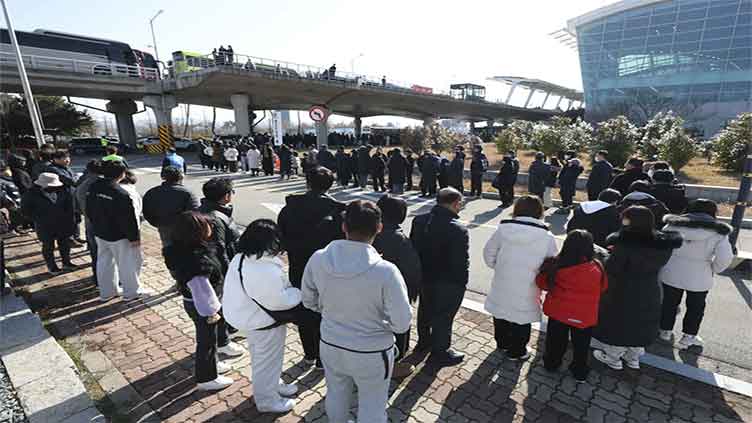What to know about the siege outside South Korea's presidential compound

World
What to know about the siege outside South Korea’s presidential compound
TOKYO (AP) — A standoff between rival government forces outside the presidential compound in South Korea has been a startling development, even for observers used to the country’s famously rough and tumble politics.
For weeks, impeached President Yoon Suk Yeol has remained in his compound and refused to respond to detention and search warrants. Scuffles broke out late last week as dozens of investigators were stopped from entering the compound by hundreds of presidential security guards and a barricade.
The spectacle followed Yoon’s astonishing decision last month to impose martial law during a seemingly routine impasse with the opposition, which dominates parliament.
Here’s a closer view of recent events as well as South Korea’s tempestuous political history, which has seen presidents toppled, arrested, jailed and shamed as millions have taken to the streets in protest.
A government agency dedicated to fighting corruption was debating with police more forceful measures to detain Yoon. Dozens of investigators from the agency and police failed last week to bring Yoon into custody following a standoff with his security service.
Court warrants have been issued to detain Yoon and to search his residence. The warrants were set to expire on Monday but the anti-corruption agency requested a new warrant aiming to extend the window for Yoon’s detention.
Yoon has been refusing to appear for questioning over his short-lived martial law decree on Dec. 3.
He has described his power grab as a necessary act of governance against a liberal opposition that has bogged down his agenda with its legislative majority. He has vowed to “fight to the end” against efforts to oust him.
Martial law lasted only a few hours, but the country’s politics, diplomacy and financial markets have been shaken for weeks. The decree also exposed South Korea’s deeply polarized society.
Yoon’s lawyers on Monday filed complaints with public prosecutors against the anti-corruption agency’s chief prosecutor, Oh Dong-woon, and six other anti-corruption and police officers for orchestrating Friday’s detainment attempt, which they say was illegal.


